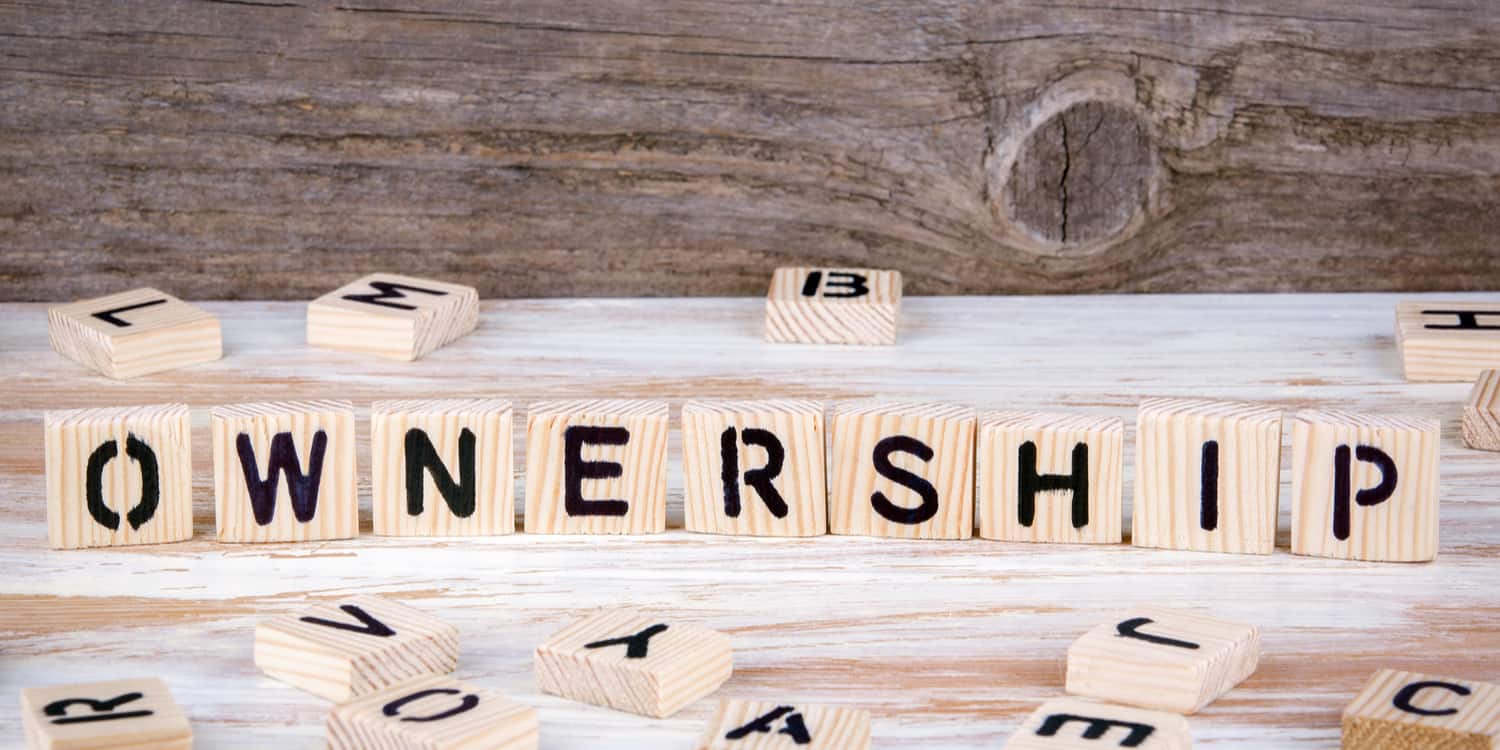Table of Contents
A limited company is owned by one or more ‘members’. In a limited by shares company, members are known as ‘shareholders’. In a limited by guarantee company, members are known as ‘guarantors’. Shareholders and guarantors can be individual people, or they can be corporate bodies like other companies or firms.
Whilst shareholders and guarantors are collectively known as ‘members, the very first shareholders or guarantors of a limited company are officially known as ‘subscribers’. These original members agree to form a company by subscribing (adding) their names to the memorandum of association during the company formation process.
To become a shareholder, you need to take a minimum of one share in a company. Depending on the number of shares issued, a company can have one owner, two owners, or many owners. To become a guarantor, you must provide a formal ‘guarantee’ that you will contribute a certain sum of money toward company debts if the business cannot meet its financial liabilities.
The nominal value of a member’s share(s) or guarantee (which is often just £1 per share or guarantee) is the maximum financial liability of the individual shareholder or guarantor. This concept is known as ‘limited liability’ and it is one of the most significant benefits of setting up a limited company, rather than running a business as a sole trader.
How many people can own a limited company?
A private limited company must have at least one owner. This means that one person (or corporate body) can be the sole owner of a company. There is usually no restriction on the total number of owners a company can have during or after its incorporation at Companies House unless certain provisions are included in the articles of association.
Are owners of a company also directors?
It is quite common for the people who own a company to also be directors of that company, but it is by no means a legal requirement. It is entirely possible for the owners to appoint other people as directors to run the business on their behalf.
What decisions do company owners make?
Company owners are responsible for making important business decisions in exceptional circumstances that are beyond the scope of the directors’ powers. Typically, the types of decisions made by members include:
- appointing and removing directors
- choosing which powers to grant to directors
- altering the share capital of the company
- making changes to the articles of association
Directors are usually responsible for all other day-to-day business decisions, but you should always consult the articles of association (and shareholders’ agreement, if the company has one) to confirm the company’s decision-making rules and procedures.
What is the financial liability of company owners?
The owners of a limited company are responsible for contributing money to the business if it gets into financial difficulty. However, their liability for business debts is limited to a fixed sum of money.
The liability of shareholders is limited to the nominal value of the shares they hold, which is usually £1 per share. The liability of guarantors is limited to their financial guarantees, which is also normally set at £1. However, the members of a company have the power to set the nominal value of shares or guarantees at any sum.
Shareholders and guarantors must contribute these agreed sums of money when they join the company or when the company requests the money to pay its debts.
How to find out who owns a limited company
To find out who owns a limited company, you can check the public register of companies online, which is maintained by Companies House. All registered details pertaining to UK limited companies, including the names of all members and directors, can be accessed free of charge via Companies House Service.












Excellent
Thanks for a good website
You’re most welcome!